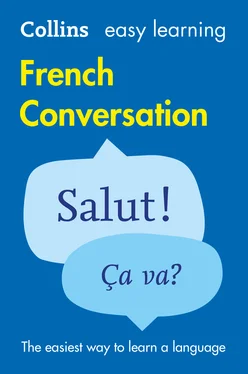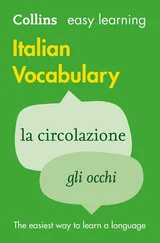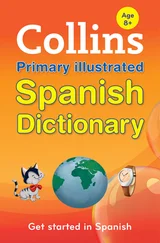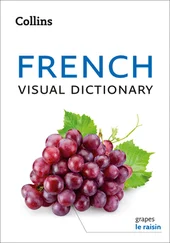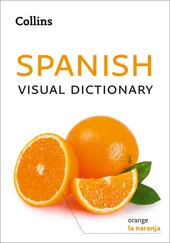| C’est quandton anniversaire? |
Whenis your birthday? |
| Quand est-ce quetu arrives? |
Whenwill you be here? |
| Quand est-ce queLaurent doit arriver? |
Whenis Laurent supposed to get here? |
| Quand est-ce queJames vient nous rendre visite? |
Whenis James coming to visit us? |
| À quelle heureon se retrouve? |
What timeare we meeting? |
If you want to ask how long someone has been doing something, use Ça fait longtemps que…?( How long have you…? ) followed by the present tense. For more information on the present tense, see here.
| Ça fait longtemps quetu es en France? |
How long haveyou been in France? |
| Ça fait longtemps quetu travailles ici? |
How long haveyou been working here? |
| Ça fait longtemps quevous attendez? |
How long haveyou been waiting? |
A very versatile way of asking someone socially how something is going or has gone is to use Ça se passe bien,…?( How is…? ) or Ça s’est bien passé,…?( How was…? ).
| Ça s’est bien passé,tes vacances? |
How wasyour holiday? |
| Ça s’est bien passé,votre vol? |
How wasyour flight? |
| Ça se passe bien,à l’université? |
How’suniversity going? |
Sometimes you’ll want to ask why a friend or acquaintance did or didn’t do something. You can use Pourquoi…?( Why…? ) and the past tense to ask. For more information on the past tense, see here.
| Pourquoi est-ce quetu ne m’as pas téléphoné? |
Whydidn’t you call me? |
| Pourquoi est-ce quetu n’y es pas allé? |
Whydidn’t you go? |
| Pourquoi est-ce quetu as déménagé? |
Whydid you move house? |
| Pourquoi est-ce qu’elle a démissionné? |
Whydid she quit her job? |
SAYING WHAT YOU WANT TO DO
When you’re talking to friends or colleagues you will often need to be able to talk about what you would like to do. To say what you want to do, use je voudrais( I’d like ). voudraiscomes from the verb vouloir.For more information on vouloir,see here.
| Je voudraiste remercier de m’avoir aidé. |
I’d like tothank you for helping me. |
| Je voudraisparler à M. Gautier, s’il vous plaît. |
I’d like tospeak to Mr Gautier, please. |
| On voudraitt’inviter à prendre un verre. |
We’d like totake you out for a drink. |
| On voudraitte présenter un ami. |
We’d likeyou tomeet a friend. |
You can also use je veux( I want ) to talk about what you want to do. If you want to say that you want someone to do something, you use je veux quefollowed by the subjunctive. For more information on the subjunctive, see here.
| Je veuxorganiser une soirée surprise. |
I want toorganize a surprise party. |
| Je veuxinviter quelques amis pour mon anniversaire. |
I want tohave a few friends over for my birthday. |
| Je veux quetu viennes avec moi. |
I wantyou tocome with me. |
| Je veux quela soirée soit réussie. |
I wantthe evening tobe a success. |
One easy way of making suggestions to your friends and colleagues is to use on pourrait( we could ) followed by the verb in the infinitive. pourraitcomes from the verb pouvoir.For more information on pouvoir,see here.
| On pourraitdemander à Paul de se joindre à nous. |
We couldask Paul to join us. |
| On pourraitse voir à un autre moment. |
We couldmeet another time. |
| On pourraitprendre un verre un de ces jours. |
We couldgo out for a drink some time. |
| On pourraitse retrouver au Café de la Poste. |
We couldmeet up at the Café de la Poste. |
Just as in English you can make a suggestion by simply asking Pourquoi ne… pas?( Why don’t…? ). You will notice that French speakers very often omit neto make sentences shorter – this is mainly in spoken French.
| Pourquoi ne passe donner rendez-vous un de ces jours? |
Why don’twe get together sometime? |
| Pourquoi pasinviter Fabien et sa copine? |
Why don’twe invite Fabien and his girlfriend? |
| Pourquoi pasdéjeuner avec moi? |
Why don’tyou meet me for lunch? |
| Pourquoitu neles appelles pas? |
Why don’tyou phone them? |
You can also make a suggestion using the French phrase Et si…?( How about? ) which is followed by a verb in the imperfect tense. For more information on the imperfect tense, see here.
| Et sion les invitait à dîner? |
How aboutasking them round for dinner? |
| Et situ venais avec nous? |
How aboutif you came with us? |
| Et sije passais te prendre le matin? |
How aboutif I picked you up in the morning? |
Use Est-ce que je devrais…?( Should I…? ) followed by the verb in the infinitive to ask if you should do something. devraiscomes from the verb devoir.For more information on devoir,see here.
| Est-ce que je devraisinviter Anna? |
Should Iinvite Anna? |
| Est-ce que je devraisla rappeler? |
Should Icall her back? |
| Est-ce qu’on devraitaller dans un restaurant italien? |
Should wego to an Italian restaurant? |
Читать дальше
